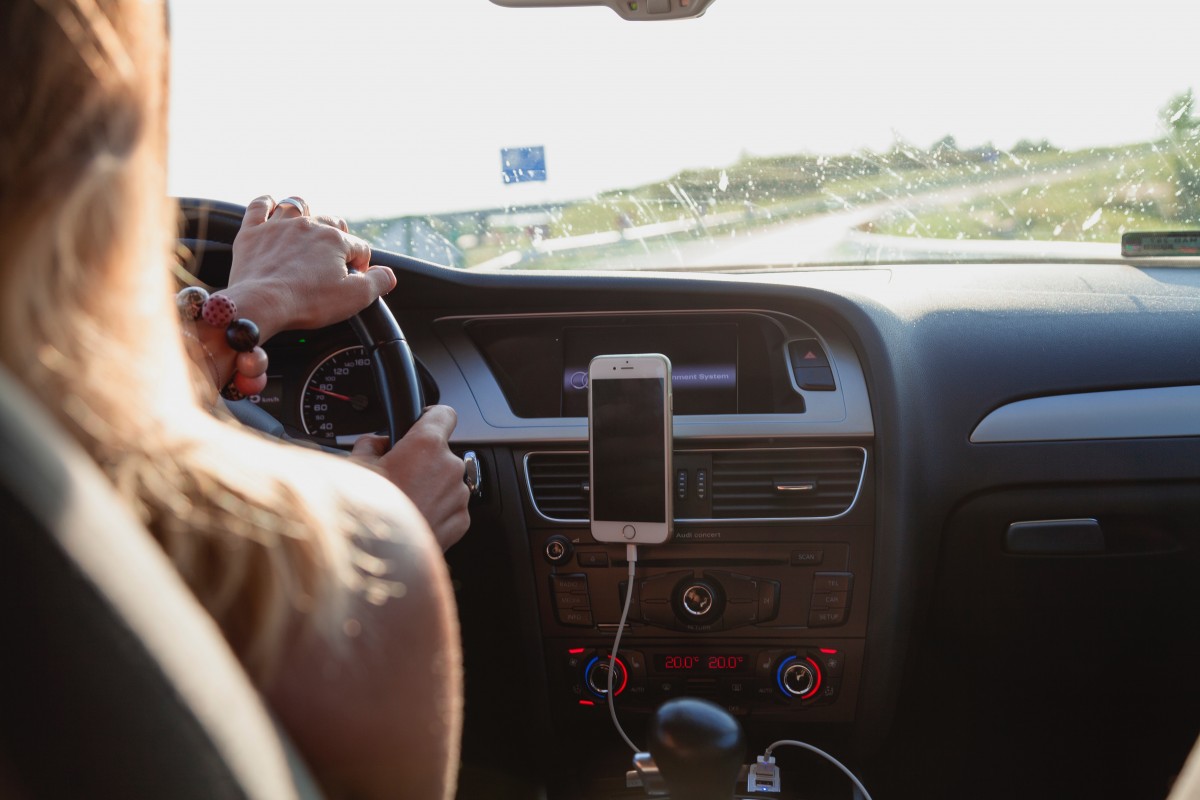Featured
Car tracking data reveals massive fall in crime
Fascinating patterns have emerged in South Africa’s road use, fleet activity and traffic volumes in response to the COVID-19 lockdown, according to Netstar, one of the two largest vehicle tracking networks in the country.
The Altron subsidiary, a leading provider of fleet management solutions to the commercial and small business sector and pioneer in the stolen-vehicle tracking and recovery industry, has released a report indicating that most of its customers have complied with the lockdown measures – and that criminals have also been staying at home.
During the lockdown, people are allowed to use their vehicles, but permitted trips are limited to visits to the grocery store, pharmacy or to access essential services.
“One can assess the Lockdown’s effectiveness by looking at the statistics on driving behaviour,” said Francois Stols, chief technology Ooficer at Netstar. “Our research also showcases crime trends during this period.”
Telematics data shows that total distances travelled dropped by 75% on Day 1 of the Lockdown. During the first week of lockdown, distance travelled fell by 60% compared to the prior week – due to people driving to stores to buy essentials.
The average trip length dropped slightly after the Lockdown – from just under 12km per day to below 10km. This could mean that most people travelling after lockdown are essential workers travelling to work, and the short trips to the shops by the rest mean a less significant drop in overall trip length.
The Netstar data shows that during the Lockdown, average driving speeds dropped from 25km/h to around 22km/h. “One could assume that the main base of people still driving after lockdown are work commuters,” said Stols. “The slight reduction in average speed could then be due to the driving behaviour of daily shoppers.”
Movements by region
The largest proportional reduction in the number of trips was in Gauteng and Western Cape, with reductions of more than 50%. The rest of the country seems to have only cut back by about 30%.
In a sample of 1 000 vehicles that Netstar measured 10 days before lockdown and then 10 days after it started, the number of movements across provincial borders was negligible, but movements between municipalities and towns continued.
“This was perhaps because emergency workers are commuting,” said Stols.
The telematics figures also confirm that, overwhelmingly, people are staying at home. The data for the average number of “parked vehicles” (not driving) on any given day more than doubled. The number of long trips (longer than 80km) dropped to a third of what they were before lockdown.
Theft and hijacking
The Netstar statistics support the view that crime has dropped during Lockdown. Initially, theft and hijack numbers dropped to zero, but it seems criminals then became bolder again, and there was a small uptick.Although Netstar recorded only a negligible number of theft and hijack cases during the first week of lockdown, the cases recorded were predominantly in the Gauteng area. This is consistent with regular trends.
For large commercial fleets, data varied between sectors. General-freight hauliers saw average trip distances drop slightly post lockdown – possibly due to less long-hauling and more focus on localised deliveries.
On the other hand, companies involved with the production and delivery of bakery products saw average trip distances increase slightly. In terms of the average number of trips, the general hauliers had curtailed operations by 70%, but for the bakery company, it was almost business as usual.
“Our data supports the view that the Lockdown has significantly reduced the movement of people, which bodes well for mitigating pandemic transmission,” said Stols. “Our crime data has shown a major drop, but there has also been a large impact on commercial activity.”
Share
- Click to share on X (Opens in new window) X
- Click to share on Facebook (Opens in new window) Facebook
- Click to share on LinkedIn (Opens in new window) LinkedIn
- Click to email a link to a friend (Opens in new window) Email
- Click to share on Reddit (Opens in new window) Reddit
- Click to share on WhatsApp (Opens in new window) WhatsApp
- Click to share on Pinterest (Opens in new window) Pinterest
| Thank you for Signing Up |










